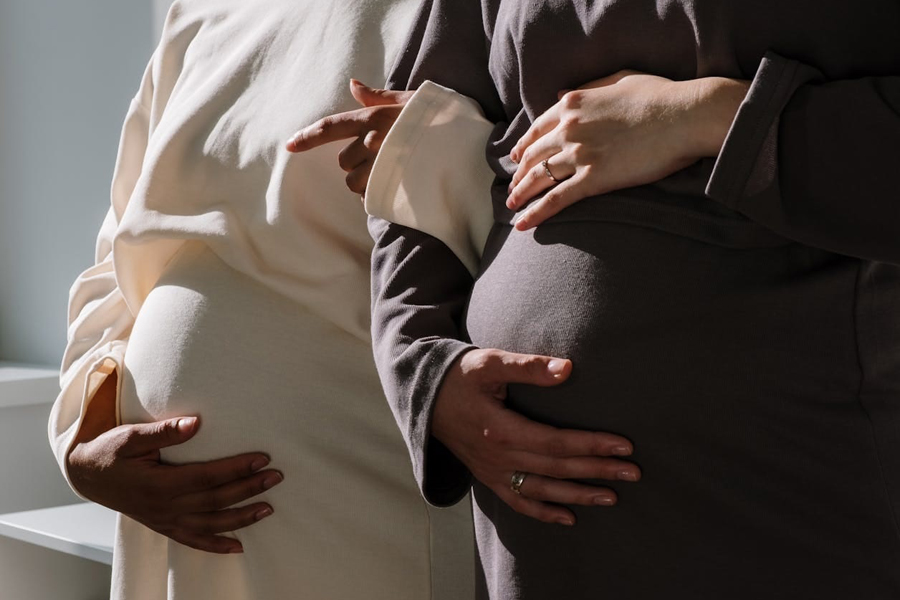Progress in achieving gender parity slow, say women MPs
African Women Parliamentarians say the region still falls short of including gender in parliamentary business.
The legislators are meeting in Kampala at the Golden Tulip Hotel under the auspices of the Commonwealth Women Parliamentarians (CWP) Africa Sub region.
The legislators noted the need to develop legislative, budget and policy reforms that will improve the status of women and their human rights.
The President of the Commonwealth Parliamentary Association (CPA) Africa Region, who is also the Speaker of the Parliament of Botswana, Hon. Gladys K.T Kokorwe, said cultural and traditional attitudes still emphasise the primary role of women as care-givers in many African countries.
“Women traditionally are not encouraged to participate in politics as this is perceived to be the men’s domain,” said Kokorwe.
She called for establishment of dedicated gender equality infrastructure such as Parliamentary committees on gender equality and women parliamentary caucuses.
“Such infrastructure serve as incubators for strategies and programmes for the emancipation of women,” Kokorwe said.
She also encouraged female MPs to establish linkages with gender equality advocates outside parliaments while strengthening those that exist.
The Speaker of the Ugandan Parliament, Rebecca Kadaga, said whereas Africa has registered successes towards attainment of gender equality, some countries still have areas of deficiency.
“Unfortunately, even at the international level, we have had setbacks. We must work hard to ensure that we identify the gaps so that we can have an inclusive and more accommodative society,” said Kadaga.
She also encouraged female parliamentarians to work towards creating avenues that will enable rural African women and girls to decide their destiny and participate in policy making right from the grassroots to the international level.
She told the delegates that they have a responsibility of speaking on behalf of rural women and girls, as well as planning for them.
“We must ensure that they have access to electricity, clean water, education and health services. We have to make their burden lighter because they are not able to attend such conferences,” said Kadaga.
The Speaker noted the importance of profiling women who have made major contributions towards the development of Africa.
She cited Teddy Odongo Oduku who was the only female in the 1985 Parliament as one of the African women who deserve to be profiled.
“We need to do something about documenting the work of African women because we have the time, means and the opportunity to do so. If we do not do this, history will judge us harshly,” said Kadaga.
The Speaker commended Parliament’s efforts towards promoting gender equality. She noted the recent decision to amend rules of procedure to ensure that 40 per cent of leadership positions in committees are held by women.
“I am waiting to see the outcome of the new list of the committees, but I am sure that the principle will be upheld,” said Kadaga.
She called on African Parliaments to emulate the Ugandan Parliament in involving the male MPs in promoting gender equality. She said that this is evidenced in the active participation of male MPs in the Uganda Women Parliamentary Association (UWOPA)
“On a number of occasions when we have difficult issues about women, the men move the motions. The face of the man enables the public view women issues as societal and not only as women issues,” said Kadaga.
The Minister of State for Children and Youth Affairs, Hon. Florence Nakiwala Kiyingi also commended UWOPA saying that caucusing has proved to be one of the important techniques which women use for harmonised positions and strategies on how to influence the gender agenda in Parliament.
“UWOPA is the main contributor to a just and gender sensitive Constitution. It also promotes political, social and economic gender equality and empowerment of female MPs and the women at large,” said Kiyingi.
She added that government has made progress in including gender issues in legislation, citing the Public Finance Management Act, 2015. The law requires a certificate issued by the Minister of Finance in consultation with the Equal Opportunities Commission to certify that ministerial policy statements for each sector is gender sensitive.
“Parliament should continue to interest itself in tracking the expenditures of different sectors to ensure that the funds are appropriated and beneficial to all for the ultimate attainment of gender equality in this country,” said Kiyingi.
The CWP workshop is being held under the theme, mainstreaming gender in Parliamentary business, from 21 to 26 July, 2018.
Resolutions from the workshop will be presented during the Commonwealth Parliament Africa Region Conference to be held in Botswana, in August 2018.













